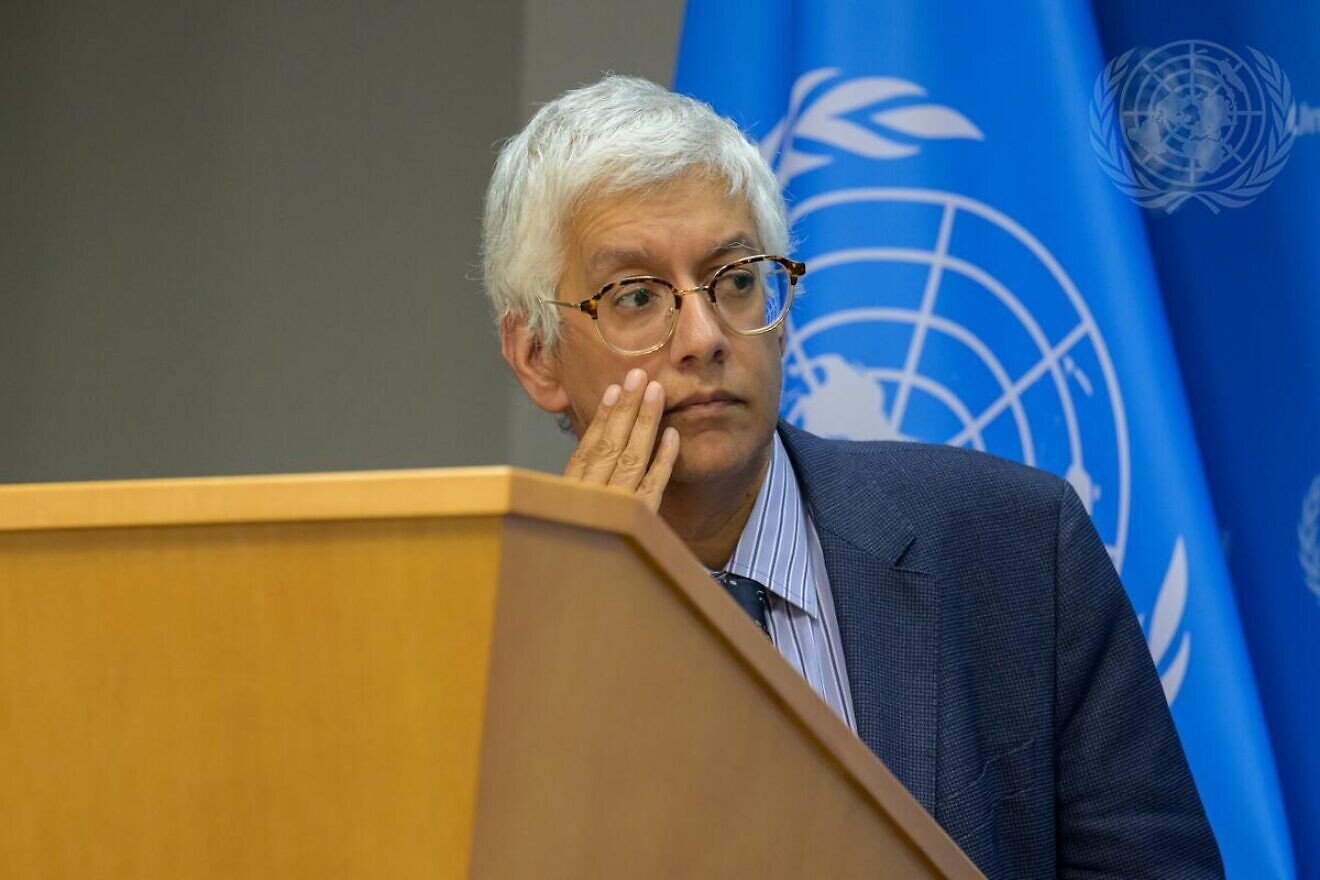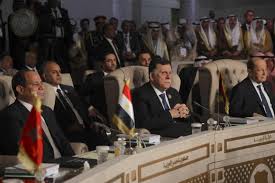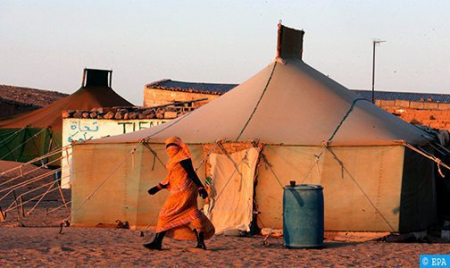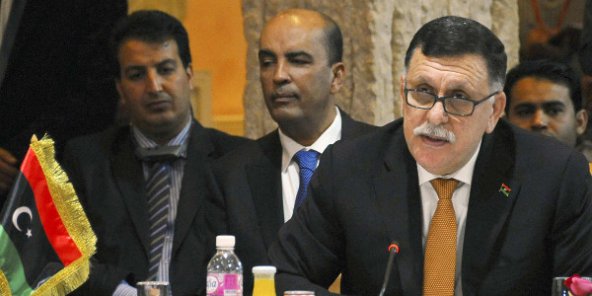The UN Secretary General’s Deputy Spokesperson Farhan Haq downplayed the resurrection by UN Secretary General’s Personal Envoy for the Sahara Sataffan de Mistura of the partition plan, that was categorically rejected by Morocco twenty years ago.
De Mistura has said in a briefing to the Security Council last year that he raised the concept of partitioning the territory between Morocco and Algeria’s Polisario proxies. He also said in a briefing leaked by news agencies that he regretted that the idea was rejected by the parties.
“I wouldn’t characterize anything as a submission of a proposal. What I would say is that the personal envoy, Mr. de Mistura, was essentially briefing the Security Council on his work on the Western Sahara file, and he looks forward to engaging with all concerned on advancing the process constructively in the period ahead of the next closed consultations, which are expected to take place next April, in 2025, and to report on any progress,” Haq told the press.
It was up to the members of the Security Council and the parties themselves to see what to embrace as a way forward, he said.
What matters now is that De Mistura, who was tasked to act in line with UN Security Council Resolution, has violated his mandate by suggesting a concept to divide the territory regardless of its unfeasibility.
Although in his briefing de Mistura highlighted the growing international support for Morocco’s autonomy plan, he insisted on Rabat to “expand and explain” even before the other parties, Algeria and the Polisario, accept to negotiate the autonomy as a principle.
However, the very fact that he raised partition as an alternative indicates his utter failure as a personal envoy.
De Mistura was undeterred by the failure of his predecessor James Baker, who had suggested the same unfeasible option twenty years ago backed by then Algerian President Bouteflika.
In raising partition, de Mistura uses the same colonial lenses that abruptly divided African territories with disregard for demography, history, and identity of these territories.
He is in fact showing a personal bias towards a partition option that is to blame as the root cause of the genesis of the Sahara conflict in the first place.
Morocco as a state that pre-dates colonial rule was the victim of arbitrary border demarcations by France and Spain which amputated the Kingdom of significant swathes of its historic territories.
After he laid bare his partition idea to the members of the security council and the parties, de Mistura spoke with a pessimistic tone about the utility of the UN mediation role in the conflict.
De Mistura’s failure has many layers. He violated his role by consulting with South Africa, one of the last remaining defenders of the Polisario’s and Algeria’s anachronism. He also failed to bring the parties- including Algeria- to round-tables following the example of his German predecessor, Horst Koehler.
As the UN continues to urge the parties to work in good faith towards a political and lasting solution, Morocco has submitted in 2007 an autonomy proposal that offers the only basis for a mutually acceptable solution. Meanwhile Algeria and its Polisario proxies have not budged from their Cold War positions. The UN should either formally recognize autonomy as the only way forward or step back or else risk wasting time with appointments of failed and biased diplomats with little knowledge of the genesis of the conflict.



